Every business that’s achieved huge scale has another business powering it behind the scenes. And that back-end business often looks very different from its public-facing side.
A great example is Rent The Runway, a business that lets customers rent a single dress for a special occasion to create a kind of “closet in the cloud”. From the outside, this is a business of fashion and glamour. But underneath that exterior, is the largest dry cleaning business in the world. That part of the business could have been outsourced, but they knew the service was so critical, it was not only worth building themselves, but made into a pillar of operations.
If you want to hear more about the hidden business behind Rent The Runway, check out this podcast from Masters of Scale.
We can also look to Amazons massive warehouse operations or the assembly line that builds an iPhone. You can look to any large company and find an underlying business that’s integral to the success of the public-facing business.
On the other hand, a fast-growing business will often outsource every back-end system they can, in favour of focusing solely on the key skills that make up their core business.
I believe there’s an important balance that needs to be found, and while we should learn from the big businesses, as a small business with limited resources we should also be wary not to spread ourselves too thin.
The key is to identify what part of the business behind your business makes you who you are.
What sets your business apart from your competitors, gives you your edge?

As a home staging business, Foxy Home Staging’s job is to make a marketable change in the perceived value of a house (i.e. put simply, to get a better sale result for the owner). That core business might appear to be all about styling, nice furniture and cushions, and in large part, it is.
But as we’ve grown it’s become clear that the thing that sets us apart, that lets us seize opportunities and provide as much flexibility and value to our clients as possible, is our:
Inventory Management and Logistics Capabilities
Owning our own inventory means we have complete control over quality, as well as the ability to make fast changes and meet very tight deadlines. We are never at the mercy of a third party not having stock available. Our in-house logistics team also allows us to respond faster than anyone else, often staging a house with less than 24 hours’ notice, with furniture being picked up from one house, cleaned, and delivered to the next one with a zero-day turnaround. We truly believe our logistics team is faster and more efficient than any other in our industry, because we identified an opportunity and turned it into our strength. This is the behind-the-scenes business that powers our core business, and one that we continue to invest in.
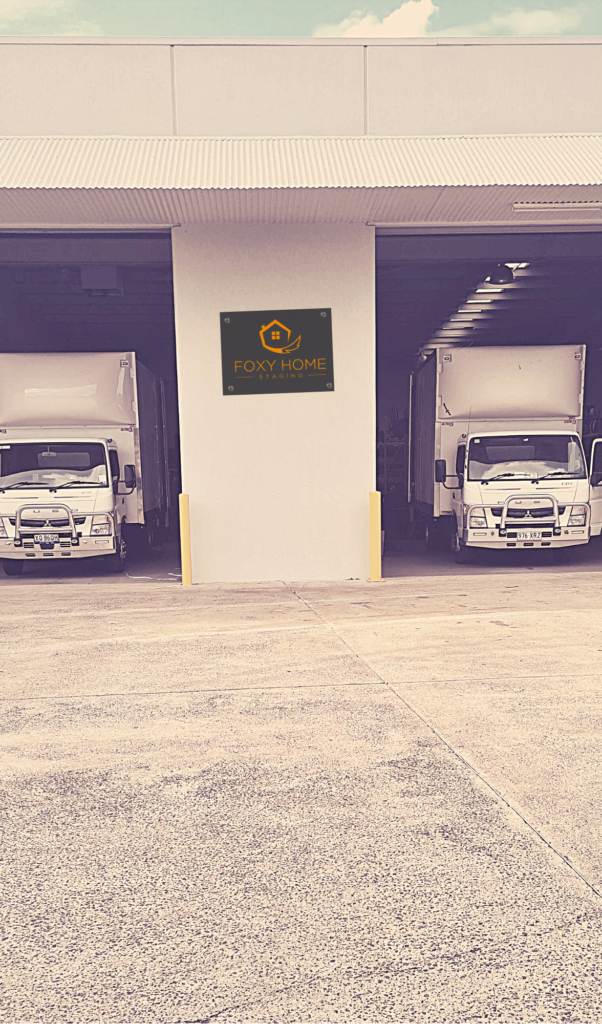
In a way, the business behind your business is most effective when it’s invisible to the consumer. If it’s working perfectly, they don’t even know it’s there. Remember, your behind-the-scenes business runs on carefully implemented systems, your client-facing business runs on trust. When the client-facing and behind-the-scenes businesses are not supporting each other, that’s when problems arise, and it’s the client-facing business that suffers.
As a small business owner, it’s critical to identify and invest in the business behind your business and treat it as the pillar of operations that it is. It might just be the thing that sets you apart from your competition.
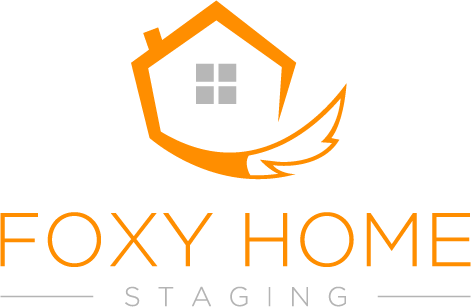


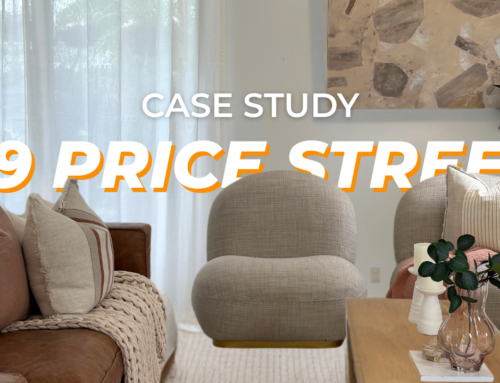
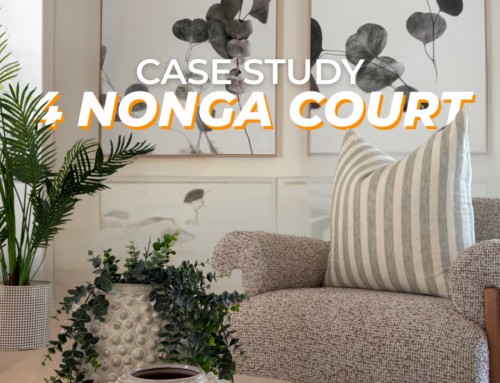
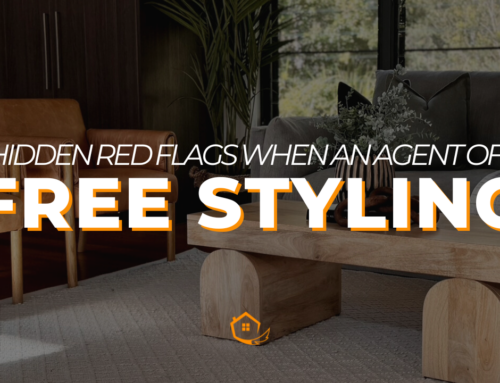

Facebook Comments